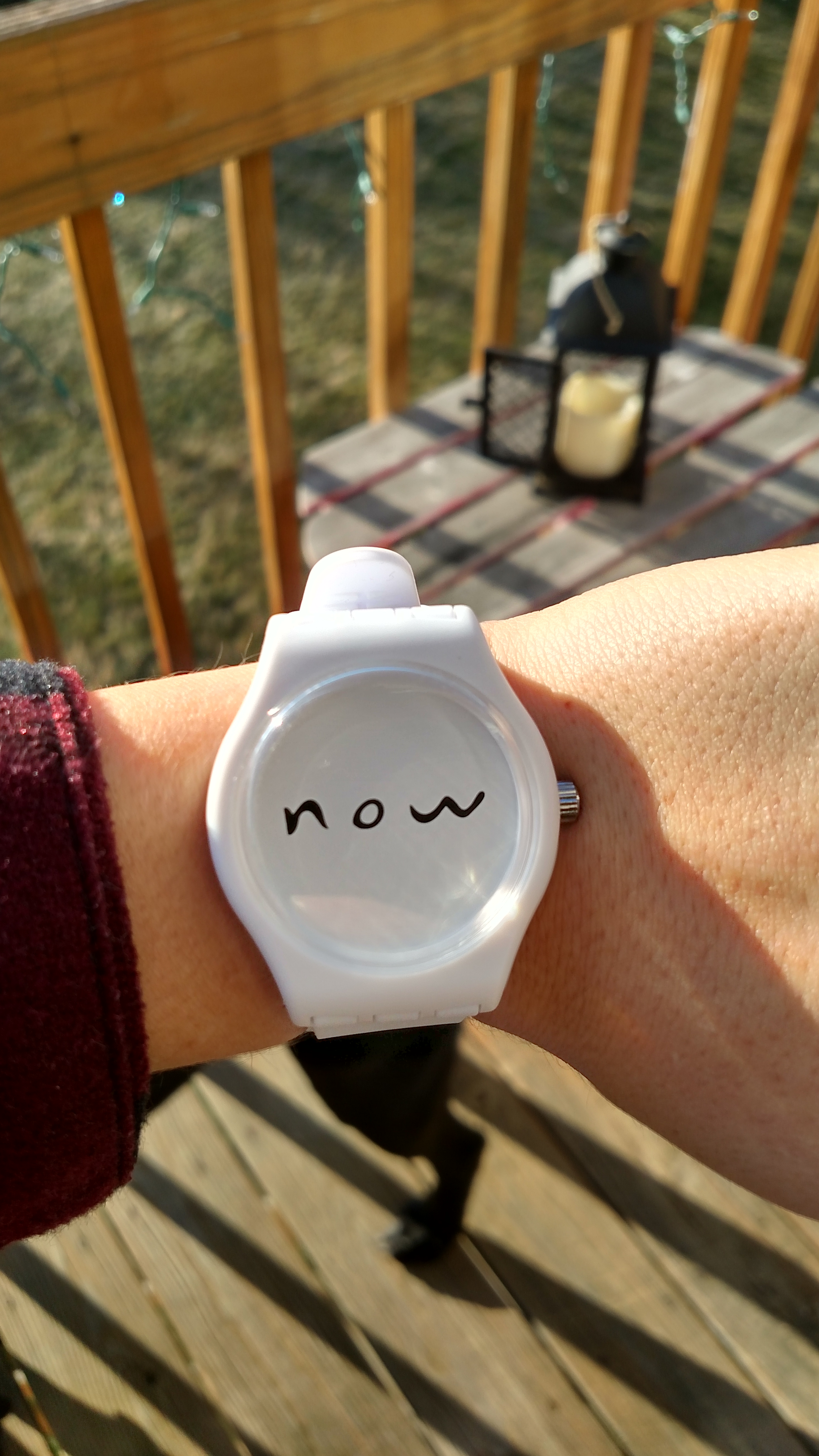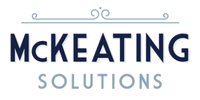Starting Your Business without Bumbling Your Budget

Don’t get so wrapped up in the Now
That you Bumble Your Budget
Confession: I’m not a numbers person. I never have been. It was an aspect of starting my own business that I was a bit nervous about. Ok, in the spirit of full honesty, there was a lot I was nervous about. But managing a budget totally on my own was daunting. I made sure that I was very organized, tracked all of the costs involved, which included registering my business name, incorporating, setting up a business bank account and more.
Starting the business sets you back about $300 in the Commonwealth of Pennsylvania. Opening a Business Checking account with PNC didn’t cost me anything, but I had to have a $100 deposit to open the account, and then keep a minimum balance of $1,500 to avoid penalties or fees. Then there was starting the website – grabbing the URL, and investing the time there (I already had hosting set up but that can be another headache).
Early on I decided to forgo some of the other expenses like business cards to save some money…that and I needed to walk before I could run out and start soliciting new clients.
Finally, I was ready to start making money. I sent out my first invoices and promptly received payment for my services. I covered all of my expenses, set some money aside to live on for the next month in my checking account, paid my credit card (business and personal) for the month and set up my quickbooks account. I thought I was set…
But I was still used to working for someone else that I didn’t take into account the fact that I was going from being paid twice a month, to once a month. The bills that I had paid, weren’t the only bills that were coming due. I still had my personal healthcare and my car bill that were due to hit at the end of the month, and I hadn’t budgeted that much money in my checking to cover them and live off of. The only thing I could do was something that my parents trained me never to do – take money out of my savings to cover it.
A little side note and lesson from Papa Franz: If you write off the money that you put in savings as money you won’t touch, then it will always be there in your savings. If you get used to taking money out your savings and not replacing it quickly, you can risk not having the money there when you need it. And if you’re like me, and tend to forget little things here and there, you might risk taking money out and forgetting that you did so. Keep your savings totally separate so that when you want to retire, you have the money that you planned on having. Your retirement savings is not a budget you want to bumble or bargain with.
That first month, I learned my lesson. Now, I’m still not a numbers person, and I still don’t make little mistakes here and there, or carry a credit card balance sometimes when I’d rather pay it off. But, when I do get paid, I am able to take a look at the whole month, and sometimes farther ahead, to make sure I give myself the best chances of making the right decisions instead of bumbling my budget.
One of the best decisions that I made, with the guidance of some of those close to me, was to set up a Quickbooks account, that kept track of my taxes. Now, on top of the $1,500 to keep in my business checking account, I know what I’ll need to have squirreled away when it comes time to pay my quarterly taxes. Quickbooks also makes it clear what you can and should not write off which is especially helpful when you are just starting out and learning all about how to run a business. I definitely recommend it.
So when you are ready to start, get yourself a planner and mark down every bill that you have:
- Rent
- Utilities
- Car Payments
- Car Maintenance
- Gas
- Phone Bill
- Healthcare
- Child or Pet Bills
- Gym or other memberships
- Web hosting and domain registrations
- Software licenses like QuickBooks
- Taxes
- Estimate your grocery bills
- Estimate some spending money
When you go to pay bills and move money around, you’ll be able to accurately see what you have and where it needs to go. Being overly organized is your friend when it comes to getting used to managing your budget.
